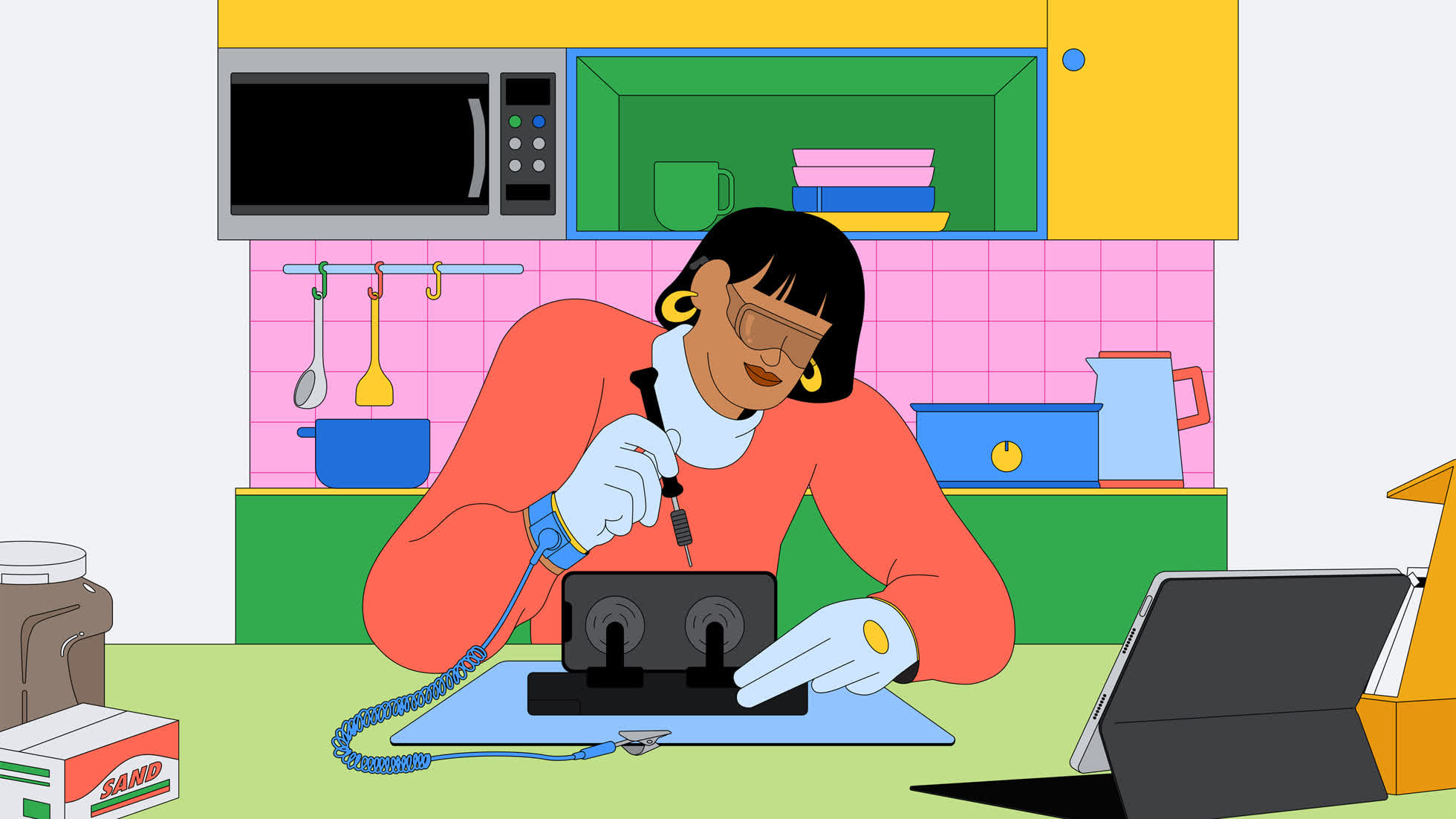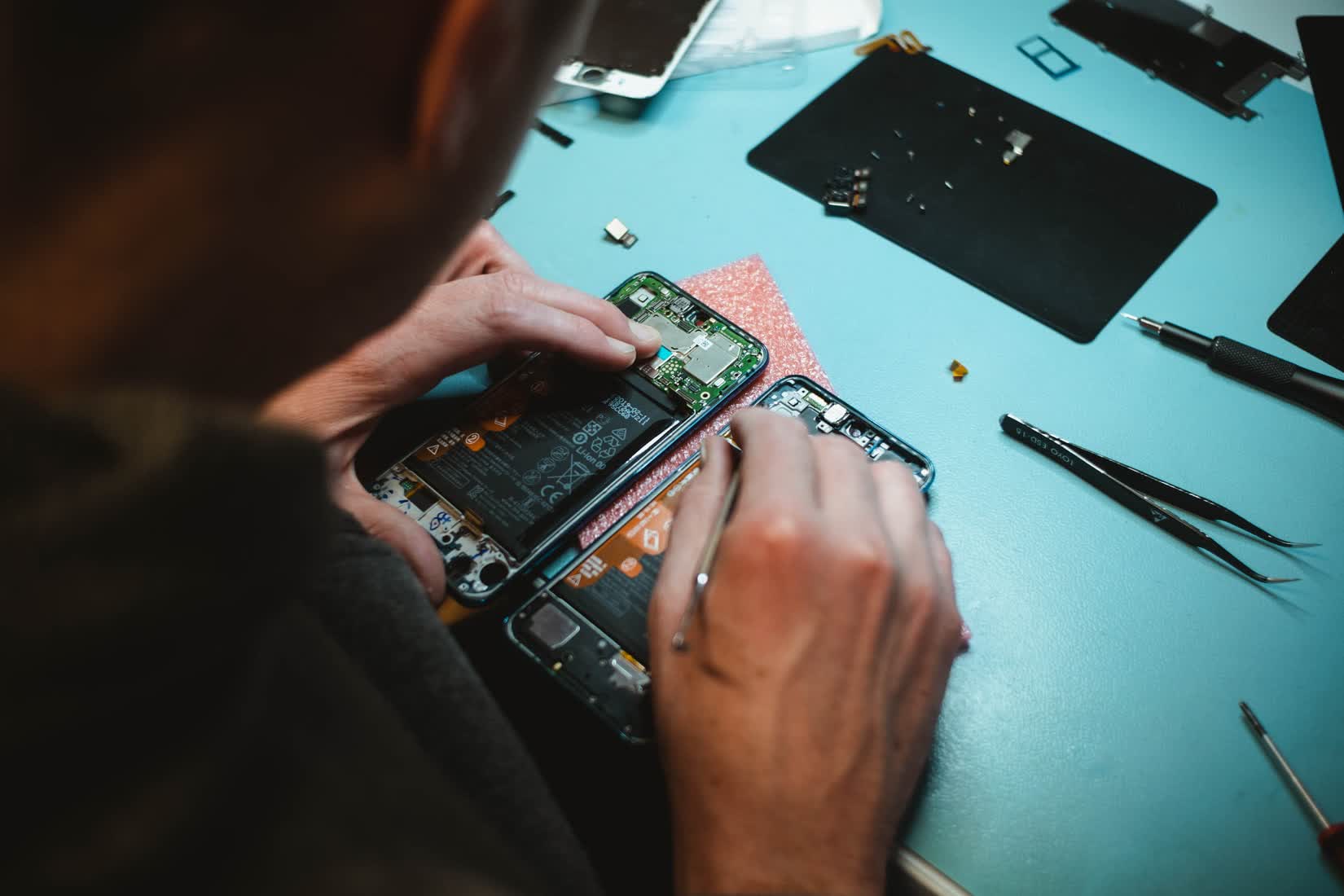Why it matters: Regulators across the globe have recently increased pressure on manufacturers to make repairs more accessible and affordable. A new provisional agreement seeks to strengthen consumer protections in Europe to extend liability periods, keep consumers better informed, and prevent companies from blocking unofficial repairs.

The European Parliament and the Council of the EU recently agreed on a provisional deal on the right-to-repair (R2R) directive, forcing manufacturers to offer tools and information for repairing broken or defective products. The new rules amending the regulations the EU passed last March will come into effect 20 days after the two groups formally adopt them.
Generally, the agreement resembles R2R regulations that have emerged in parts of the United States. They are designed to facilitate home repairs and help third-party repair shops with the overall goal of reducing waste and helping consumers save money by making it easier to repair products than replace them.

The updated regulations stipulate that consumers can request repair services for devices like tablets, smartphones, and household appliances at a reasonable cost. Spare parts must also be available for fair prices. Furthermore, manufacturers must publish free information on repair prices, conditions, estimated wait times, and other details. The proposal also includes a framework for an online platform connecting repair services and information across all EU states.
However, a notable addition makes manufacturers liable for a year after repairs. Moreover, the new rules forbid manufacturers from implementing measures to lock out third-party or 3D-printed spare parts. Companies have previously used such tactics to force customers to employ expensive official repair solutions or replace items entirely.
Apple received harsh criticism from iFixit late last year for locking iPhone 14 repairs behind software restrictions. The policy prevents spare parts from functioning without authorization from Apple's techs through the company's System Configuration tool, significantly complicating third-party fixes. Something similar may happen with the internal lens in Apple's recently launched Vision Pro headset.
The measure would be disappointing considering Apple's recent support for DIY repairs and California's robust R2R legislation. Colorado, New York, and Minnesota recently passed similar laws, while Oregon has proposed one. Although R2R initially received pushback from manufacturers, companies like Samsung, Google, Lenovo, Nokia, John Deere, and Microsoft have made concessions by offering more parts and information to the public.
https://www.techspot.com/news/101771-eu-right-repair-regulations-seek-punish-third-party.html